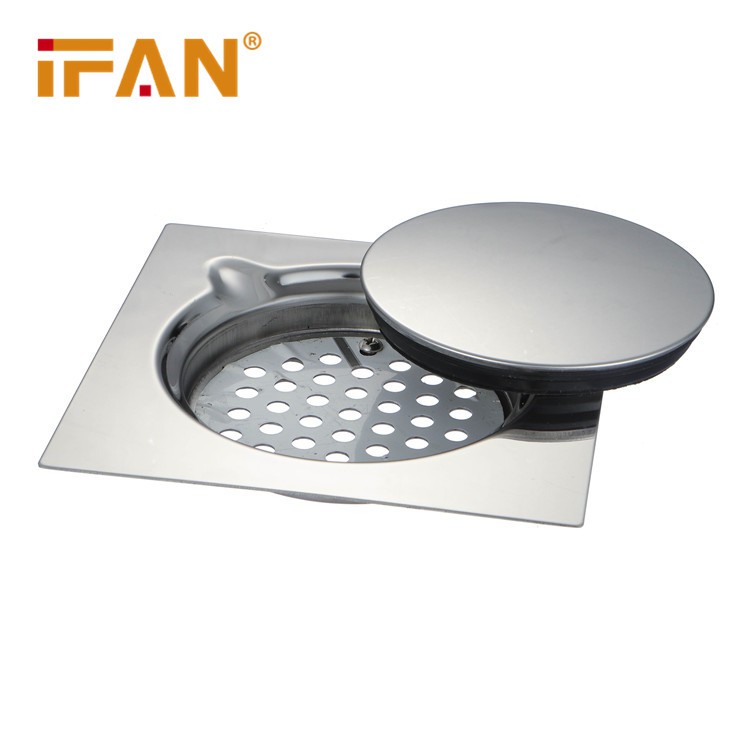We've gone through the list of common household items you shouldn't put down the drain: oil, paint, cat litter, lint.

We also talked about food items that could wreak havoc on your plumbing system if they go down the drain or even into the kitchen sink for waste disposal.
However, if your house has a septic system, then there are a few other things that should never go into your septic tank. You may never have thought of some of them! Read on to learn more.
Chemical drain cleaner
If you have buildup in your drain and want to use a drain cleaner, pay attention to the type of cleaner you choose. Some contain substances that can corrode pipes and other parts of the system.
Septic systems rely on bacteria to break down the solid waste in the septic tank. However, if you use chemical drain cleaners, they can kill bacteria and prevent it from breaking down waste.
Avoid synthetic drain cleaners that contain sodium hydroxide and sulfuric acid, which can corrode pipes.
If you are going to use a drain cleaner, be sure to check the label carefully to see if it is considered safe. Or, you can try making your own drain cleaner. Here's our DIY solution!
Excess water
There is a limit to how much water your septic system can handle.
When wastewater enters the septic tank faster than the capacity of the septic tank (depending on your household usage), you may overload the system. When the system is overloaded, solids in the wastewater may not settle properly and may clog the drain yard -- which could eventually cause the system to collapse.
Excess water can also reduce the amount of bacteria in your septic tank, which means wastewater treatment won't be as effective.
This is another reason why saving water is so important. If you have a septic system, then you must do everything possible to avoid wasting water both indoors and outdoors. Indoors, the bathroom is a great place to start -- here are eight ways to start saving water in the bathroom. Outside, you can make some changes to the landscape.
Some toilet paper
Not all toilet paper is created equal, especially if you live in a house with a septic system. Toilet paper that doesn't dissolve easily can cause clogging, which no one wants!
If you have a septic system, look for toilet paper that is labeled biodegradable. It may be a little more expensive, but it does dissolve faster in a septic system. Recycled toilet paper is another good option.
This type of toilet paper is usually made from "post-consumer" recyclable ingredients, often from previously used paper products. It dissolves easily because it is usually made from shorter fibers that break down easily, rather than the longer fibers found in brand new toilet paper.